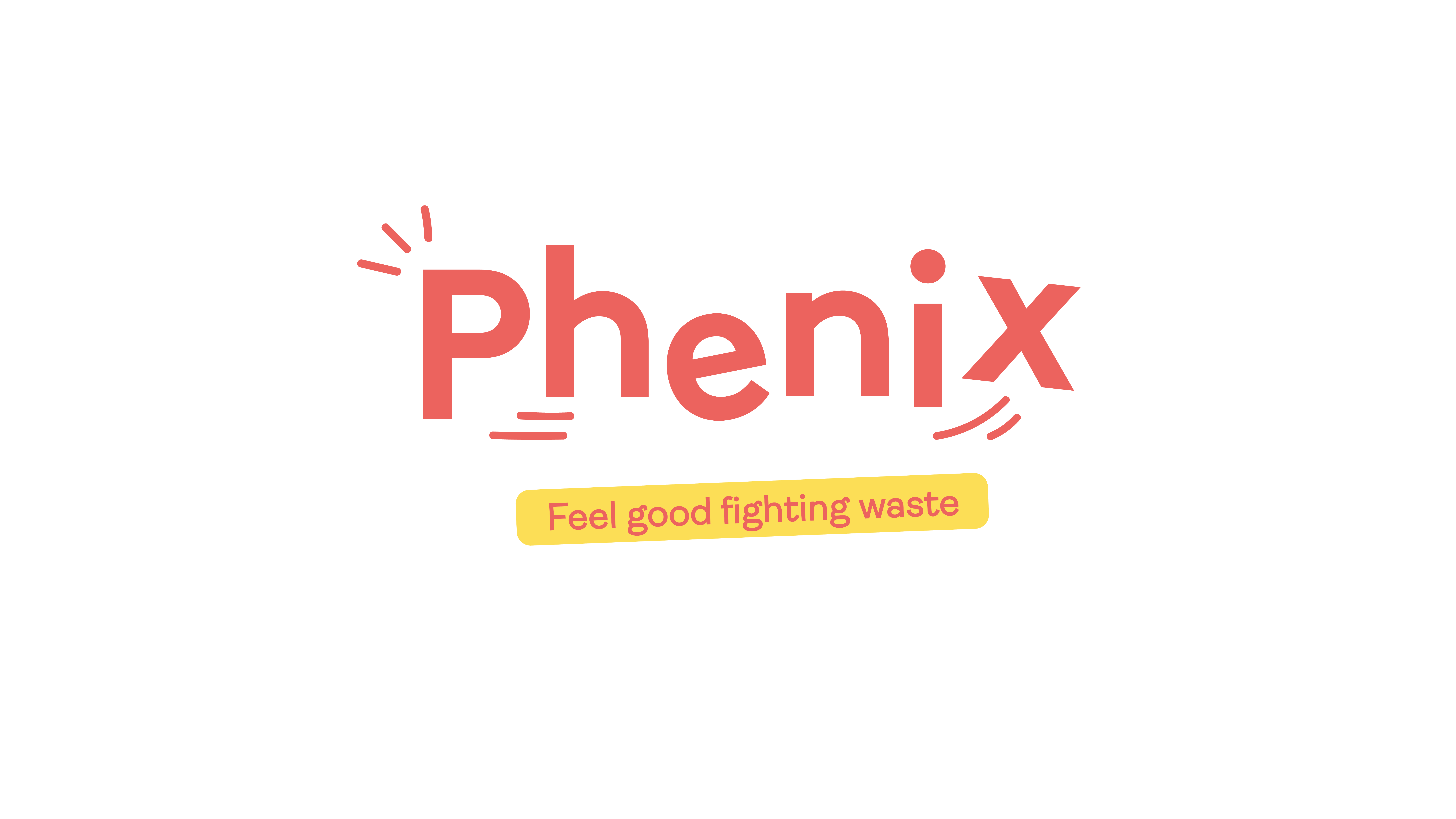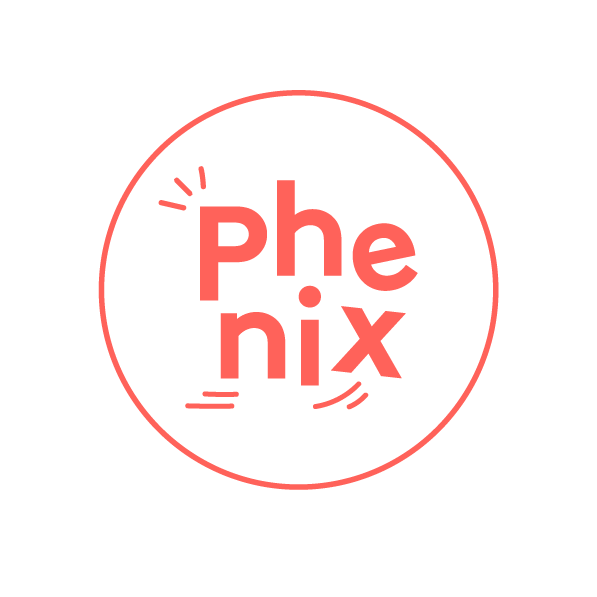

PHENIX

Île-de-France, France
January 2019
Other professional, scientific & tech
Service with Minor Environmental Footprint
Belgium,
France,
Italy,
Portugal,
Spain
Phenix est une start-up française qui développe des solutions tech pour que les invendus alimentaires et non alimentaires ne deviennent jamais des déchets. Avec son réseau de 12 000 commerçants et 1500 associations partenaires partout en France, Phenix sauve plus 70 tonnes de produits chaque jour. Avec 150 millions de repas sauvés du gaspillage depuis sa création en 2014, Phenix est la start-up qui fait tout pour réduire le gaspillage des produits du quotidien. De la fourche à la fourchette, nous connectons ceux qui ont trop avec ceux qui n'ont pas assez pour en finir avec les déchets. Producteurs, grossistes, industriels, distributeurs, restauration collective, commerçants, consommateurs, associations, élus : nous proposons à chacun des solutions adaptées et complémentaires pour les guider vers le zéro déchet. Et parce que le gaspillage n'a pas de frontière, nous non plus. Avec une présence en Espagne, au Portugal, en Italie et en Belgique, Phenix se rêve en champion européen de l'impact. Une mission pleine de sens pour une entreprise qui réconcilie croissance et impact !
Overall B Impact Score
Governance 20.3
Governance evaluates a company's overall mission, engagement around its social/environmental impact, ethics, and transparency. This section also evaluates the ability of a company to protect their mission and formally consider stakeholders in decision making through their corporate structure (e.g. benefit corporation) or corporate governing documents.
What is this? A company with an Impact Business Model is intentionally designed to create a specific positive outcome for one of its stakeholders - such as workers, community, environment, or customers.
Workers 31.4
Workers evaluates a company’s contributions to its employees’ financial security, health & safety, wellness, career development, and engagement & satisfaction. In addition, this section recognizes business models designed to benefit workers, such as companies that are at least 40% owned by non-executive employees and those that have workforce development programs to support individuals with barriers to employment.
Community 16.4
Community evaluates a company’s engagement with and impact on the communities in which it operates, hires from, and sources from. Topics include diversity, equity & inclusion, economic impact, civic engagement, charitable giving, and supply chain management. In addition, this section recognizes business models that are designed to address specific community-oriented problems, such as poverty alleviation through fair trade sourcing or distribution via microenterprises, producer cooperative models, locally focused economic development, and formal charitable giving commitments.
Environment 40.1
Environment evaluates a company’s overall environmental management practices as well as its impact on the air, climate, water, land, and biodiversity. This includes the direct impact of a company’s operations and, when applicable its supply chain and distribution channels. This section also recognizes companies with environmentally innovative production processes and those that sell products or services that have a positive environmental impact. Some examples might include products and services that create renewable energy, reduce consumption or waste, conserve land or wildlife, provide less toxic alternatives to the market, or educate people about environmental problems.
What is this? A company with an Impact Business Model is intentionally designed to create a specific positive outcome for one of its stakeholders - such as workers, community, environment, or customers.
Customers 3.5
Customers evaluates a company’s stewardship of its customers through the quality of its products and services, ethical marketing, data privacy and security, and feedback channels. In addition, this section recognizes products or services that are designed to address a particular social problem for or through its customers, such as health or educational products, arts & media products, serving underserved customers/clients, and services that improve the social impact of other businesses or organizations.